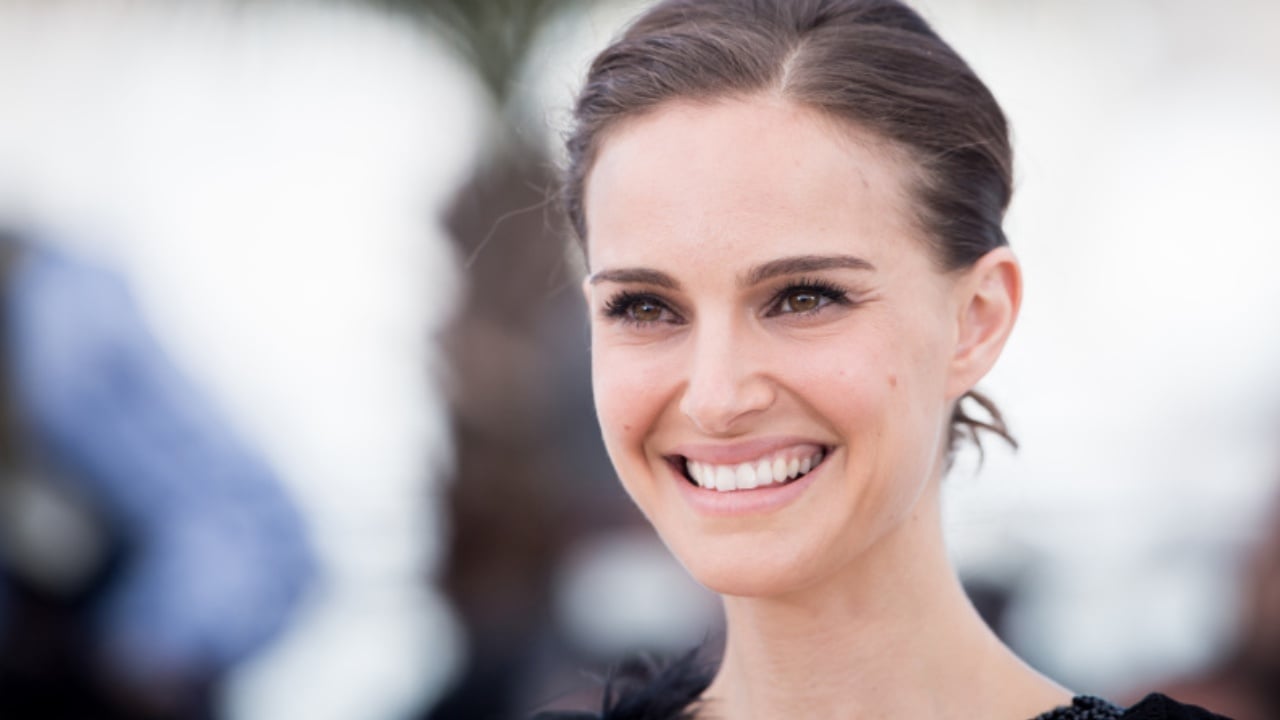Activist feminist who joined the Time’s Up movement in 2018, Natalie Portman recently gave her views on the concept of “female gaze” in cinema, explaining that for her, an artist’s vision was not linked to gender .
While she was recently in the spotlight at the Deauville American Film Festival, Natalie Portman also made the front page of the magazine Vanity Fair Francethis August 29.
The opportunity for the Israeli-American actress, who we will soon see on the poster for the next feature film by Todd Haynes, to look back on her life and her career, during a portrait taken between Paris and Cannes, at the last May.
Particularly known for her commitment to the feminist cause, since she was one of the spokespersons for the Time’s Up movement in 2018, following the Weinstein affair and #Metoo, the actress – who had also spoken about the sexualization of which she had been a victim at the age of 13 during the Women’s March – spoke in particular about the “female gaze”.
A concept which, in opposition to the “male gaze” or “masculine gaze”, born from the predominance of directors in Hollywood, aims to give more room to the female “point of view” and in fact to female directors whose “gaze”, especially on female actors, would offer something different from their male counterparts.
But Natalie Portman insists on the difference according to her between genre and artistic point of view:
“Female directors should have the same opportunities as men. But the quality of a collaboration depends on the individual and not the gender”she declared to Vanity Fair France.
Bac Films
As for the existence of an intrinsically feminine gaze, the one who wore a cape embroidered with the names of forgotten female directors at the last Oscar ceremony, declared: “I find this vision reductive. It amounts to denying individuality and differences of point of view.”
Note that the concept of female gaze or female gaze theorized by Laura Mulvey, has been the subject of numerous studies and articles, more recently by theorist Iris Brey who also insisted on the need for filmmakers, both men and women, to ask themselves the question of the point of view adopted to film bodies on screen and to offer another look. A vast and complex subject on which opinions may differ.
Next January, Natalie Portman will play one of the main roles in May December, the new feature film by Todd Haynes, alongside Julianne Moore. She will play an actress seeking to meet the woman she must play on screen, and whose love life has ignited the tabloid press.
(Re)discover an extract from the film…
